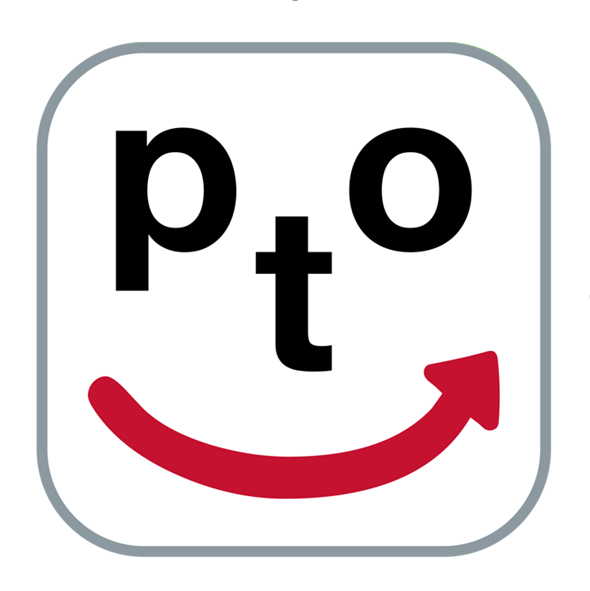At Harrisdale Senior High School, we recognise and respect the role of family as the child’s first teacher. We also acknowledge the important role played by community organisations and groups in supporting child and adolescent development. With this understanding, we accept our school’s vital role in optimising the health and well-being of all students.
The goal of our pastoral care program is to develop young adults with the self-belief, desire and skills to engage confidently, capably and compassionately in an ever-changing world. Our program guides students to make informed choices; respect themselves, others and the environment; develop skills to be optimistic and to cope with life's ups and downs; embrace diversity; and lead balanced healthy lifestyles.
At Harrisdale, pastoral care is embedded into every facet of school life - the interactions and relationships between the students themselves, between teachers and their students, between support staff and students, and between the community and school. These everyday connections model respect, consideration and care for one another.
The pastoral care program is also embedded in our House system and to programs and support provided through our Student Services department.
We structure the students’ Years 7 to 12 schooling experience in three phases of two years each. Each phase of our pastoral care program has specific emphases:
Phase 1: Year 7 and 8
Year 7 Associate Principal Mr Matthew Collier
Year 8 Associate Principal Mr Brent Kupsch
Student Services Manager Year 7 and Year 8 Mr Glen Innis
Year 7 Coordinator Mr Samuel Leahy
The focus of our program for the early adolescence years develops students’ knowledge and skills to adopt a can-do attitude to life, to want to lend a helping hand, and to become increasingly independent and self-managing. Our House System and related activities emphasise:
- leadership development – such as public speaking, organising events, role modelling and providing peer support
- belonging and teamwork
- school spirit
- developing and applying academic behaviours
- making strong choices, - such as saying no to bullying, making ethical decisions, coping with peer pressure, responsibility for online safety
- service learning - such as through the Interact Club and Bush Rangers
- the importance of balance in a healthy lifestyle – such as through involvement in clubs and hobbies
- social skills – such as through school socials, sports and excursions
Phase 2: Year 9 and Year 10
Year 9 Associate Principal Mrs Kirsten Dowd
Year 10 Associate Principal Mr Owen Davies
Year 9 & 10 Head of Year Ms Angie Ayers
Year 9 Coordinator Mr Paul Miller
Year 10 Coordinator Ms Emma Bruns
In Years 9 and 10, we introduce our I-Prepare program while continuing to build on the emphases of the first phase.
I-Prepare focuses on career counselling and pathways to academic success through ATAR and Vocational Education and Training (VET) courses. Students also participate in the Keys for Life driver safety program and in service-learning that includes an option to complete the bronze level of the Duke of Edinburgh Award. While we emphasise the importance of intrinsic motivation in being involved and making a contribution, successful completion of some of the co-curricular programs will contribute towards the attainment of the Western Australian Certificate of Education (WACE) as Endorsed Programs.
Phase 3: Year 11 and Year 12: WACE and the next steps
Year 11 Associate Principal Mr Robert Forte
Year 12 Associate Principal Ms Erin Parry
Year 11 & 12 Head of Year Mrs Iris Leach
Year 11 Coordinator Mrs Sandra London
Year 12 Coordinator Ms Cheney Armstrong
The final two years of secondary school are necessarily focused on achieving the WACE (“secondary graduation”). This phase calls on students to develop, practice and apply what they have already learned about effective academic behaviours, social and emotional well-being, and maintaining balanced, healthy lifestyles.
This phase is also a time when the school provides opportunities for students to engage in social activities for young adults such as the school ball, and to explore post-school study and career options.

 Parent Teacher Interviews
Parent Teacher Interviews